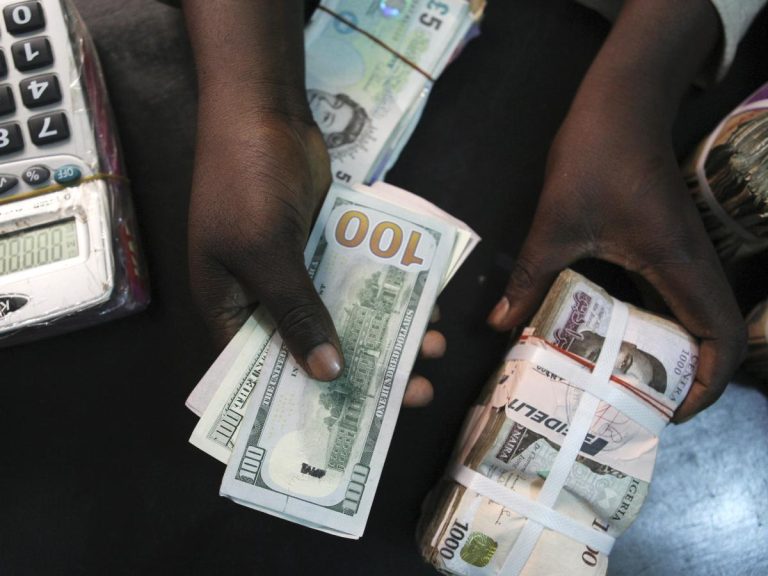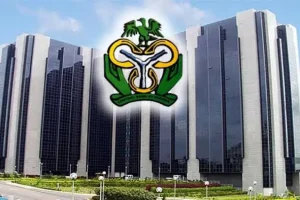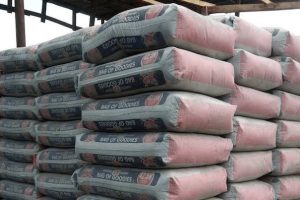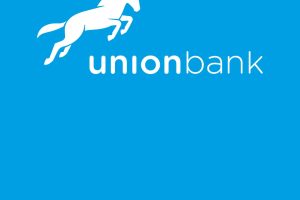
As of April 2, 2025, the exchange rate of the U.S. dollar to the Nigerian naira continues to fluctuate between the official and parallel markets.
In the black market, commonly known as the parallel market, traders are buying the dollar at ₦1,545 and selling it at ₦1,555, according to sources within the Bureau De Change (BDC) network.
Understanding the Parallel Market and CBN’s Position
The Central Bank of Nigeria (CBN) does not officially recognize the parallel market and advises individuals and businesses requiring foreign exchange to conduct transactions through authorized financial institutions, such as banks and registered forex dealers. The black market operates outside government regulations, which often leads to price volatility influenced by supply and demand dynamics.
CBN Official Exchange Rate
In contrast, the official exchange rate provided by the CBN varies within a controlled range. Currently, the CBN’s rates for the dollar stand between ₦1,525 (lowest) and ₦1,535 (highest), which is lower than the black market rates. The difference between these markets highlights Nigeria’s ongoing forex challenges, including foreign currency shortages and speculative trading.
Why Do Exchange Rates Differ?
Several factors influence the exchange rate fluctuations, including:
- Foreign Exchange Reserves: The amount of dollars available in Nigeria’s foreign reserves significantly impacts supply.
- Economic Policies: Government regulations, monetary policies, and interventions in the forex market affect dollar availability.
- Inflation and Interest Rates: Higher inflation rates often weaken the naira, making the dollar more expensive.
- Global Oil Prices: As Nigeria’s economy is heavily reliant on crude oil exports, fluctuations in oil prices can affect forex inflows.
- Market Speculation: Traders and investors often anticipate future changes, driving demand and influencing rates.
What This Means for Individuals and Businesses
For businesses and individuals involved in international trade, remittances, or forex-dependent transactions, exchange rate fluctuations can have significant implications. Those relying on official forex channels may experience delays due to regulatory bottlenecks, while those using black market sources may face higher costs and risks.
Staying Updated on Exchange Rates
Given the rapid changes in forex rates, individuals and businesses are advised to verify exchange rates through official sources, such as the CBN or authorized forex dealers, before engaging in transactions.
Additionally, market watchers suggest monitoring economic policies and global financial trends, as these factors play a crucial role in determining Nigeria’s currency value.





